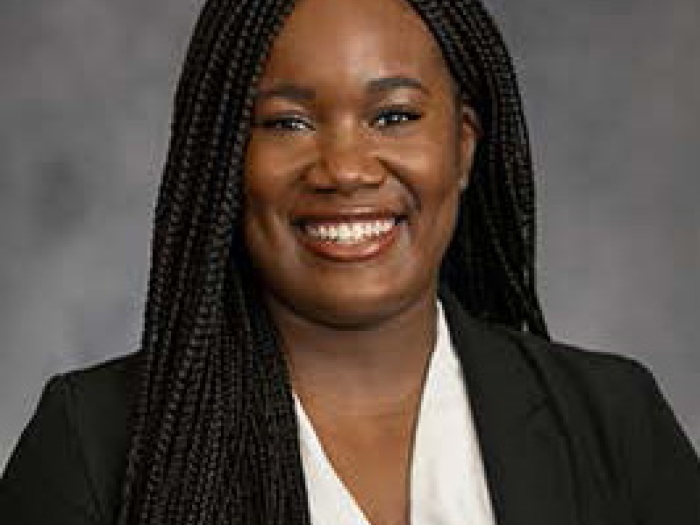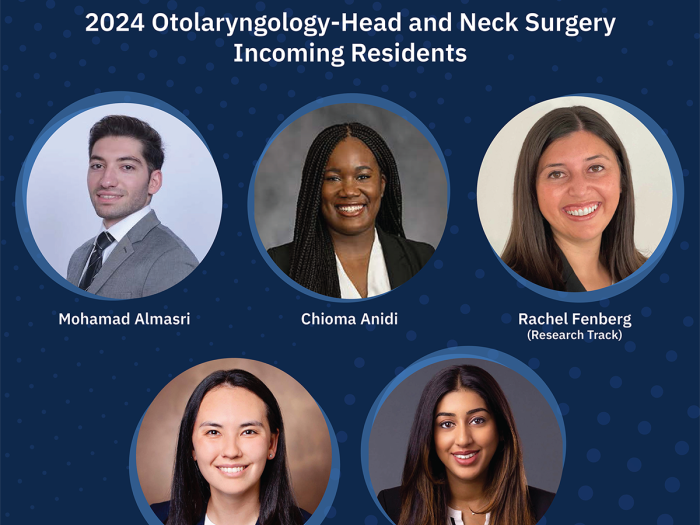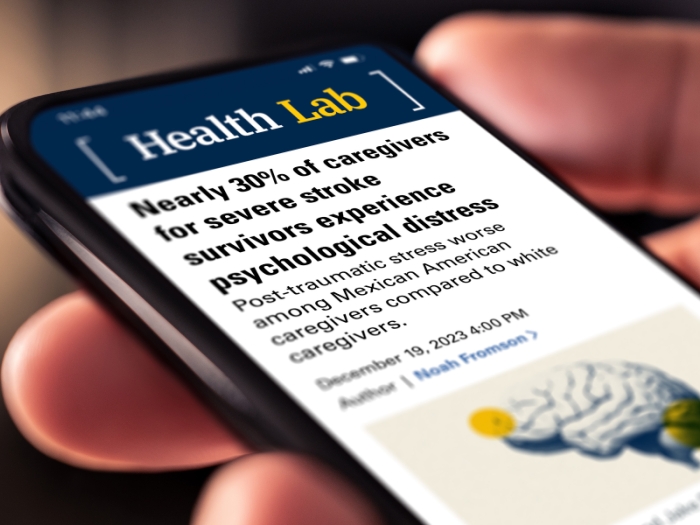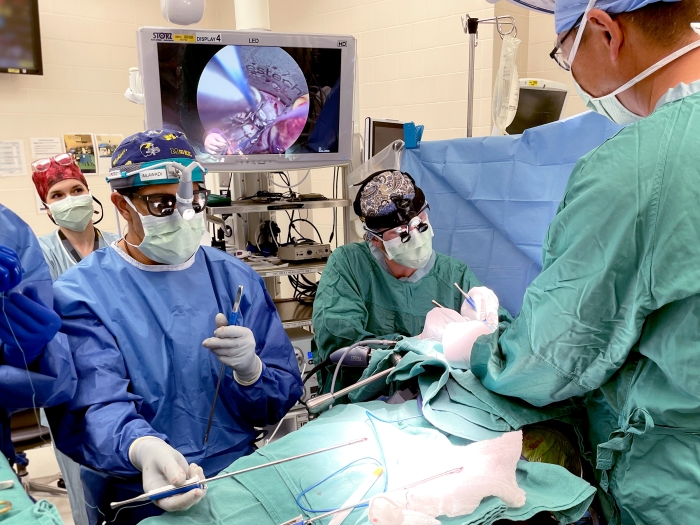Showing 1-15 of 32 results

Health Lab
A team of researchers have spent the past eight years looking at better ways to transport organs for donation, specifically hearts, to improve the number of organs that can be used for transplants. They found that using a modified normothermic perfusion system heart preservation was feasible for up to 24 hours.

Health Lab
At-home test can detect tumor DNA fragments in urine samples, providing a non-invasive alternative to traditional blood-based biomarker tests
Department News
Former DCMB PhD student Dr. Shuze Wang was published in Developmental Cell.

Department News
Congratulations to incoming intern, Chioma Anidi on being the 2024 recipient of the Albert C. Furstenberg Award

Department News
Meet the newest residents to join our program

Health Lab
2 in 3 parents in national poll say their child ages 5-12 use personal audio devices; pediatrician offers 4 tips to reduce noise exposure risks

Health Lab
Elective surgery study shows older adults have concerns about what it will cost them, how much work they’ll miss and whether they’ll catch COVID-19.

Health Lab
With over 400 stories published on Health Lab in 2023, the following 10 articles were the most read of the year.

Health Lab
Michigan Medicine’s head of cardiac surgery, Gorav Ailawadi, M.D, M.B.A., answers questions about different treatment options for heart valve disease.

Health Lab
Older adults who live in disadvantaged communities are less likely to attend cardiac rehabilitation after common heart procedures, a Michigan Medicine-led study finds.

Health Lab
The vast majority of people who have a minimally invasive heart valve replacement procedure do not participate in recommended cardiac rehabilitation, a Michigan Medicine-led study finds.

Health Lab
As researchers explored potential reasons behind racial disparities in treatment outcomes for children with severe sleep apnea, they were expecting to find the answer in socioeconomic factors. But they were surprised to learn that when one risk factor – obesity – was taken out of the equation, race was no longer associated with worse post-surgery outcomes for obstructive sleep apnea.
Department News
Congratulations to Gifty Kwakye, MD, MPH, and Andrew G. Shuman, MD, FACS, HEC-C, on their new roles.

Department News
U.S. News and World Report annually evaluates hospitals for its Best Hospitals list by evaluating data from 4,500 hospitals on a range of criteria, including patient experience, outcomes, care-related factors, and expert opinions from physician surveys.